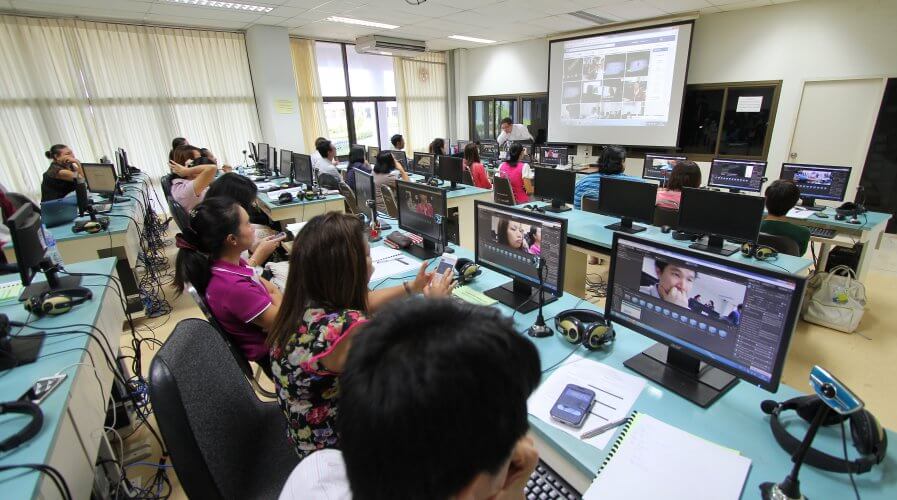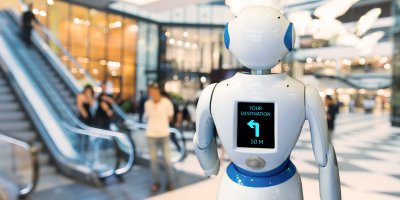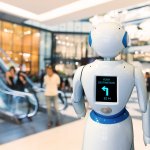
With the rapid evolution of technology in every imaginable sector, future classrooms will be hinged on AI and other future technology. Here are some ways how it will unfold. Source: Shutterstock.com
How AI will transform future classrooms
SEVERAL industries have already adopted artificial intelligence (AI) to help ease operations and optimize efficiency.
But the technology continues to evolve, and innovation is a constant in the space, which will only continue to disrupt business as usual.
Being a crucial element in driving the future economy and support the global digital revolution, the education sector, more specifically online learning, is ripe for unprecedented transformation that hinges on AI technology.
Here are some of the ways the sector will be revolutionized in the coming years.
# 1 | Omni-choice learning pathways
In the future, online courses would have advanced from omni-channel — where students get the option to get the lesson anytime, anywhere and from any medium of choice — to omni-choice — whereby students would have the options to customize and configure the education journey based on their individual needs and interest.
The classroom will be in a remote setting -home, office or during commute – and students would be able to continue their lesson on any device they have on hand for any duration and format.
The AI-driven personalization would enable students to focus on the content of the learning module, as opposed to the mechanics of the lesson delivery.
# 2 | Cognitive courseware
Simulated classes with a limited number of possible scenarios will be a thing of a past and will be replaced instead with interactive, technology-based learning experience which will allow students to learn by doing.
The traditional delivery model will be abandoned, and borrowing digital strategies and innovations from the healthcare industry, the future classroom will feature IoT devices such as wearables which will allow for continual monitoring and trackings.
Data derived from these devices will then be paired with for example AI with cognitive capabilities to customize lesson plans based on predefined metrics.
# 3 | Virtual counselors
Counseling in future will be carried out via various futuristic virtual interactive tools, such as voice calls, wearables, augmented reality and virtual reality to guide students through their education process.
The AI-driven virtual counselors will advise students on from course selection, lesson personalizations, degree completion to career planning based on in-depth data analysis and advanced algorithms, for each unique student, moving away from the current one size fits all education syllabi.
These virtual counselors will free up the workload of human counselors so that they focus more meaningful and strategic work functions.
# 4 | AI-enabled course development & grading
Course development for the institutions will soon be done by AI, based on the real-time data and up-to-date information.
This will enable students to get only the most relevant and impactful lesson that will prepare them for the ever-changing job market as well as reducing the world load of course developers and administrators.
Beyond that, AI course grading would also have advanced, which will result in increased fairness and accuracy in assigning grades to students.
In conclusion, the education sector upon fully embracing digital transformation will be completely different from what it is today.
However, the success of these innovative technology adoptions hinges primarily in the ability to deliver on the set objectives and core functions of the educational institutions.
And thus, it is imperative that schools and universities of the future focus on developing a robust learning experience for their students while having a purpose to change the world for the better.
READ MORE
- The criticality of endpoint management in cybersecurity and operations
- Ethical AI: The renewed importance of safeguarding data and customer privacy in Generative AI applications
- How Japan balances AI-driven opportunities with cybersecurity needs
- Deploying SASE: Benchmarking your approach
- Insurance everywhere all at once: the digital transformation of the APAC insurance industry






